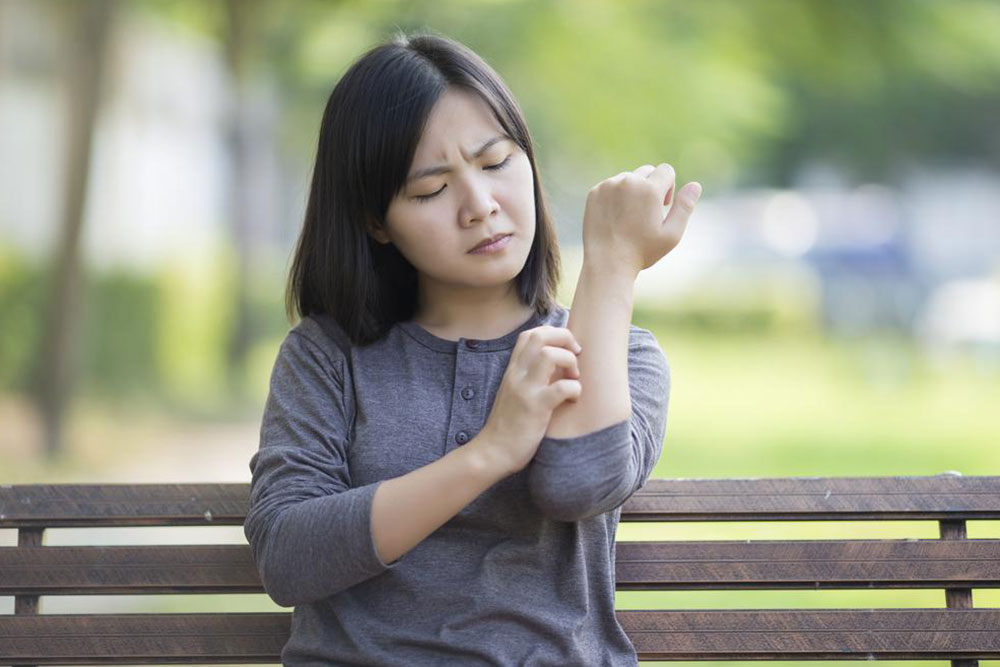Bed bugs problems and treatment
Bed bugs are these small, almost like a mustard seed like oval, brownish insects which survive on the blood of humans or animals. Nymphs (immature bed bugs) usually shed five times of their skin to reach adulthood and they require copious amounts of blood before each shedding. They can’t fly but can move around the floor, ceiling, and walls at a very fast speed.

Bed bug problems
Bed bugs don’t transmit diseases but create greater troubles for the human skin.
One of the obvious signs of bed bug trouble is the bed bug bites which mostly occur during the night. Human skin turns to reddish/brown after the bite, and one can experience bad odor emanating from them too
Bugs and eggs can be noticed inside the bed linens, seams, tufts of the mattresses, coat racks, desks, and even dressers.
People also begin to get sensitive to bedbug saliva as they develop lesions akin to flea bites or mosquito bites. They won’t be able to see the bug but just rather feel the insect bite.
One could even notice bed bugs bites in rows “ this is probably because of disturbed feeding process of the bugs and they later get back to the same position to feed themselves.
While the bites are usually painless, if an individual becomes their host for many days, the host could slowly acquire moderate to intense allergies as well.
Treatment for bites and control infestation
Most bed bug bites would settle within a week or two with the following solutions:
Creams like cortisone can provide relief from the itchiness. If an infection is because of bedbug bite, then an oral antibiotic is also a solution.
Antihistamines are the other option to provide relief from allergic reactions.
During the day, they usually hide and it is not so easy to find them. Moreover, it is not just one or two in number.
The only way to get rid of bedbugs is by using bed bug sprays or get a professional pest control service done on and around the affected areas.











